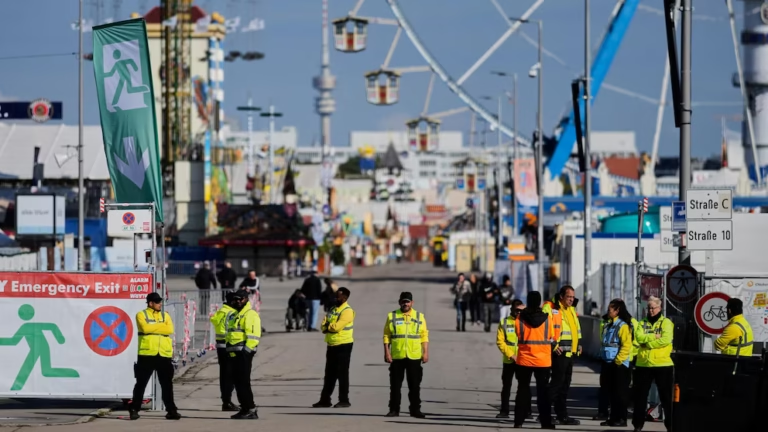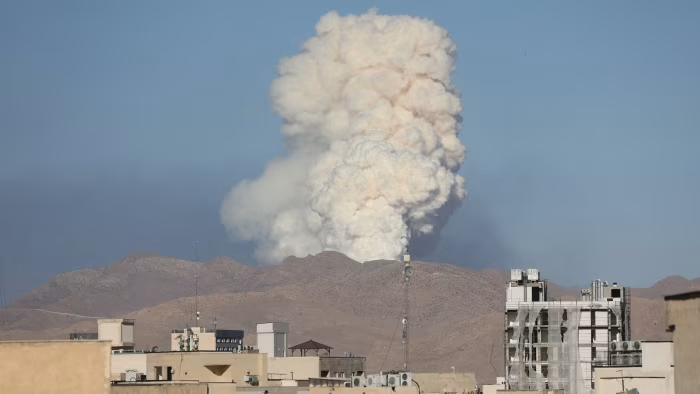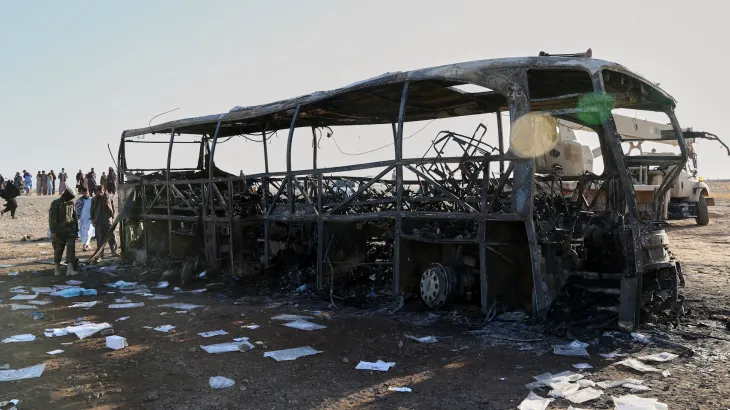The Middle East has long been a hotspot for geopolitical tensions, especially between Iran and Israel. In recent months, strikes flare has become a common phrase describing the escalating violence between these two nations. This article explores the background, causes, impacts, and global reactions to these intense strikes.
Table of Contents
Historical Context of Strikes Between Iran and Israel
For decades, Iran and Israel have been adversaries in a complex political and military struggle. The history of conflict is rooted in ideological, religious, and territorial disputes. The phrase strikes flare aptly captures the repeated flare-ups of violence, often involving missile attacks, airstrikes, and covert operations. These confrontations have intensified as regional alliances and international interests come into play.
Read More: 10 Thousand Tons of Rice to Be Sent by Government to Palestine
Recent Events Leading to Strikes Flare
In the past year, several incidents triggered renewed strikes flare between Iran and Israel. Israeli airstrikes targeted Iranian-backed militias in Syria, while Iran retaliated with missile launches aimed at Israeli positions. These tit-for-tat attacks not only raised the stakes but also caused significant damage to infrastructure and civilian areas. The persistent cycle of violence underscores the fragile peace and the risk of broader war.
Impact of Strikes Flare on Regional Stability
The repeated strikes flare have profound effects on Middle Eastern stability. Neighboring countries like Lebanon, Syria, and Iraq face increased security risks as violence spills over borders. The volatile situation disrupts trade routes and energy supplies, affecting global markets. The local populations suffer from displacement, casualties, and economic hardship, heightening humanitarian concerns.
Read More: Iran and Israel trade strikes as conflict rages
Global Responses to the Strikes Flare
International powers have responded cautiously to the strikes flare between Iran and Israel. The United Nations and several countries called for ceasefire and dialogue. However, strategic interests often complicate diplomatic efforts. Some nations support one side politically or militarily, further fueling tensions. Global leaders emphasize the need for restraint to avoid full-scale conflict.
Potential Outcomes if Strikes Flare Continues
If the current trend of strikes flare continues, the risk of escalation into a larger conflict grows. This could draw in regional allies and foreign powers, destabilizing the entire Middle East. Economic repercussions could include soaring oil prices and disrupted global supply chains. Humanitarian crises might worsen as violence displaces more civilians. The need for a peaceful resolution is critical to avoid catastrophic consequences.
Conclusion: Addressing Strikes Flare for Peace
The strikes flare between Iran and Israel represent more than just military confrontations; they are symptoms of deeper geopolitical and ideological conflicts. Sustainable peace requires diplomatic negotiations, mutual understanding, and international cooperation. Without urgent action, the cycle of violence may continue, threatening global security and stability.
The ongoing strikes flare between Iran and Israel mark a critical point in a conflict that has far-reaching implications for regional and global stability. The cycle of attacks and retaliations not only threatens the safety of millions of people in the Middle East but also jeopardizes international peace and security. These strikes have highlighted the deep-seated mistrust and unresolved tensions that continue to fuel this dangerous rivalry.
It is essential for both Iran and Israel, along with influential global powers, to prioritize diplomatic engagement over military action. The path to lasting peace lies in constructive dialogue, mutual respect, and adherence to international laws. Without these elements, the region risks spiraling into a full-scale war that could devastate economies, displace populations, and destabilize global energy markets.
Read More: Israel-Iran live: Countries trade strikes as tensions grow over larger Middle East conflict
Moreover, the international community must act decisively to mediate and support peaceful resolutions. Humanitarian aid, conflict de-escalation efforts, and inclusive negotiations are vital in breaking the cycle of violence. The world cannot afford to ignore the consequences of these ongoing strikes flare incidents.
Ultimately, only through collaborative efforts and unwavering commitment to peace can the Middle East hope to overcome this turmoil and move toward a more secure and prosperous future.



2 thoughts on “Strikes Flare Between Iran and Israel Amid Conflict”